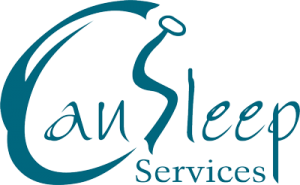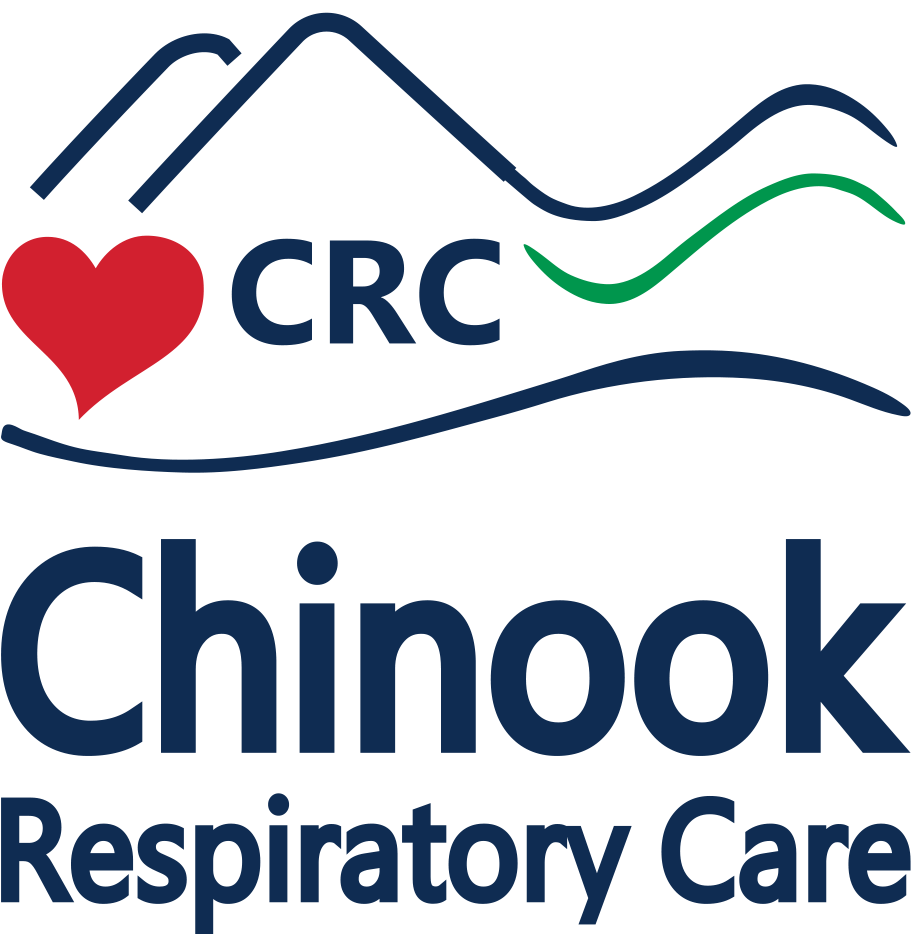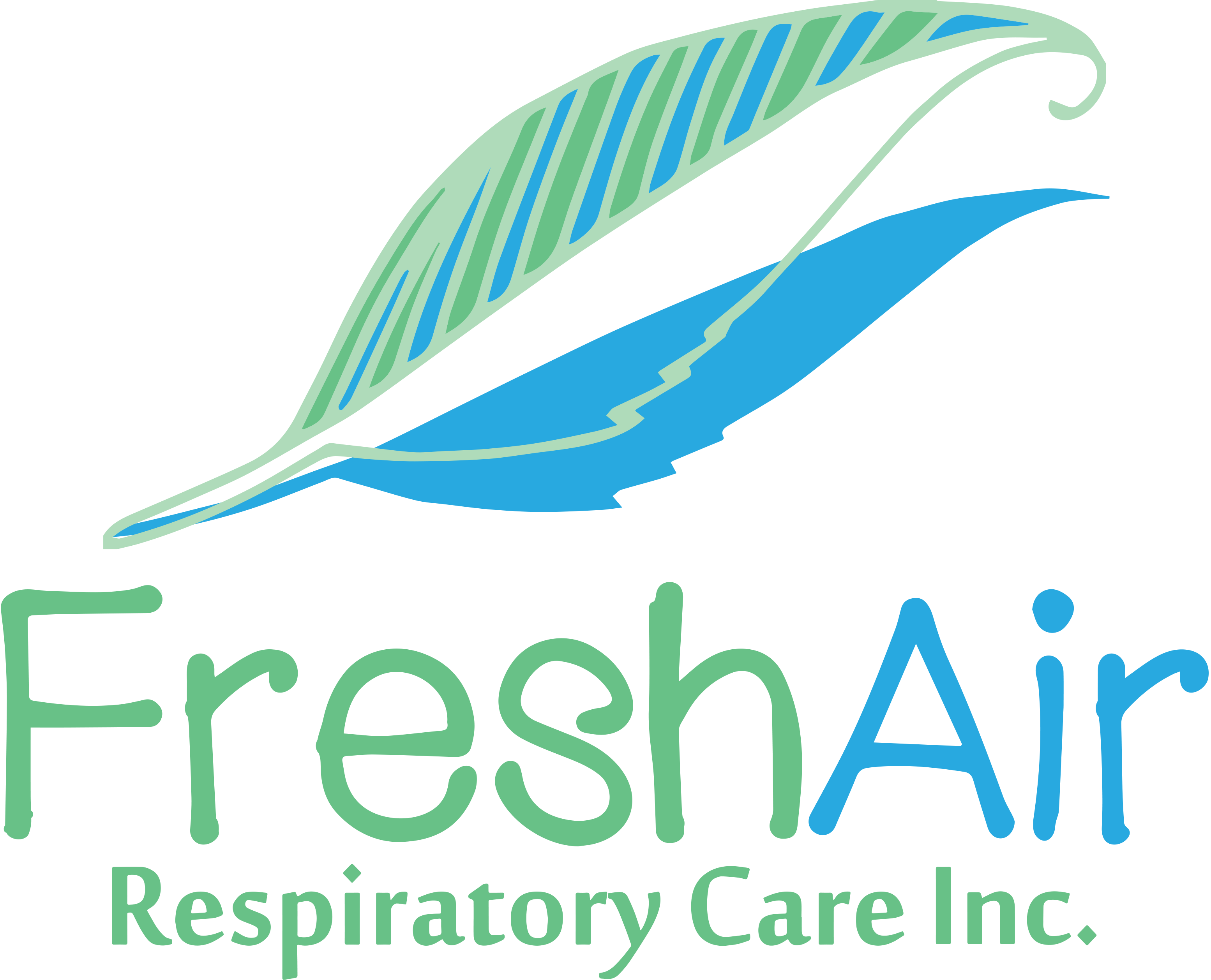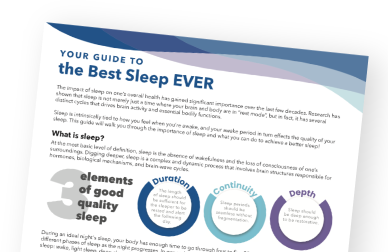Treating the largest pediatric population in Northern Alberta
Talk to your physician about your child’s sleep challenges and how the services we provide may help.
Entrust your Child’s Sleep Health to the Experts
Sleep Medix has over 20 years of experience working with pediatric sleep disordered breathing and Positive Airway Pressure (PAP) therapy for neuromuscular related breathing related disorders. We have established long standing relationships with specialized pediatric clinics and work collaboratively as a partner in care.
Services we provide
- Sleep diagnostic testing – Home Sleep Apnea Testing and Overnight Oximetry
- Pediatric CPAP therapy
- Pediatric Bi-Level (BiPAP) therapy
- Supplier of specialized pediatric PAP masks
What is pediatric sleep-disordered breathing (SDB)?
Pediatric sleep-disordered breathing (SDB) is a general term that can represent a number of breathing problems during sleep. It can range from loud snoring to Obstructive Sleep Apnea, a condition where the collapse of the airway blocks air in-take during sleep. Disruptions to a child’s airflow then causes a chain reaction, increasing blood pressure and decreasing oxygen levels.
Approximately 3 – 12 percent of children snore regularly, and about 1 to 10 percent of children experience Obstructive Sleep Apnea.* The majority of these children have mild symptoms, and many outgrow the condition. The best way to determine if your child has Obstructive Sleep Apnea is to talk to your physician and they will determine if diagnostic testing such as Overnight Oximetry testing is required.
What is Overnight Oximetry?
Overnight Oximetry is a diagnostic test to measure oxygen levels when a child is asleep. The test is performed in your own home and consists of the child wearing a finger sensor attached to a small machine.
Does my child have Obstructive Sleep Apnea?
Potential symptoms and consequences of untreated pediatric SDB may include:
- Snoring: The most obvious symptom is loud snoring that is present on most nights. The snoring can be interrupted by silence followed with gasping for air.
- Moodiness: Irritability, hyperactivity and disruptive behaviour.
- Bedwetting: This condition can increase urine production at night, which may lead to bedwetting.
- Learning difficulties: Daytime fatigue may contribute to difficulty concentrating.
- Slow growth: The condition can affect hormones, resulting in abnormally slow growth and development.
- Obesity: Insulin resistance and daytime fatigue can lead to decreased physical activity.
Source
Owen GO, Canter RJ, Robinson A. Overnight pulse oximetry in snoring and non-snoring children. Clin Otolaryngol. 1995;20:402–6.







